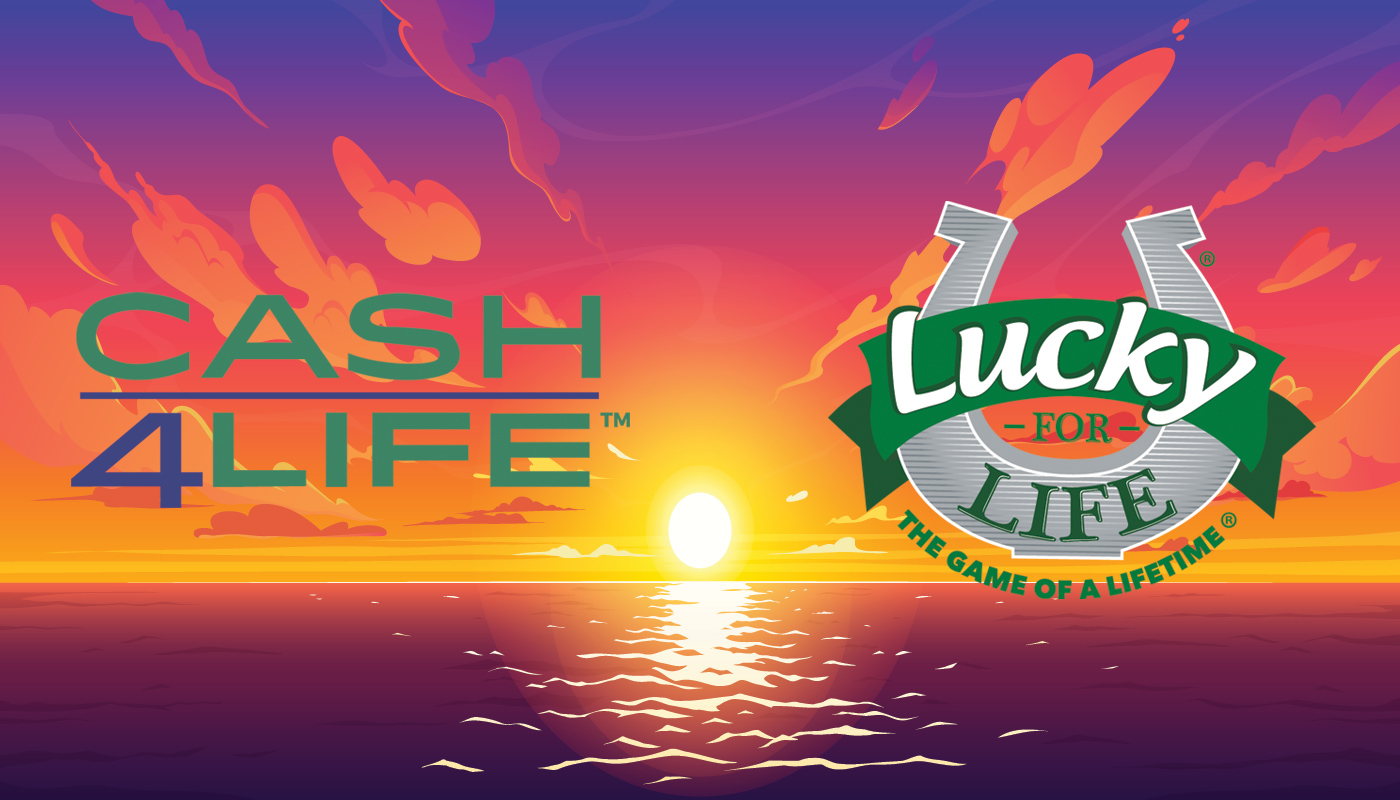
News writer, Interviewer
What does it take to win big in the lottery? For Craig Anderson, it was simple: consistency.
The 69-year-old Lincoln Park, Michigan, man plays Lucky For Life every day. On September 18, that daily ritual paid off. His ticket matched all five white balls—14, 29, 41, 44, and 46—winning him $25,000 a year for life.
Anderson bought his winning ticket at Holbrook Liquor Shop on East 7 Mile Road in Detroit. When he scanned it after the drawing, he got a message telling him to file a claim at the Michigan Lottery office.
He thought he won $5,000
Anderson drove to the lottery claim center in Saginaw. He assumed his prize was $5,000. It wasn't.
"I was in shock when the lottery employee told me that my ticket was a winner of $25,000 a year for life," Anderson said.
He chose the lump sum option (a prize of $390,000) instead of annual payments over 20 years or life, whichever is greater. His plans are to pay off his house and save the rest.
Michigan's next Lucky for Life winner this year
Anderson isn't the first Michigan player to hit this prize tier in 2025. Kenneth Stayt of Fenton won the same prize in July. His ticket matched five white balls on July 19: 12, 23, 33, 35, and 36. He bought his winning ticket at Sagebrush Cantina in Fenton.
Both winners matched five numbers but missed the Lucky Ball. That's the difference between $25,000 a year for life and the top prize of $1,000 a day for life.
How Lucky for Life works
Lucky For Life costs $2 per play. Drawings happen every night at 10:38 p.m. Prizes range from $3 to a lifetime of cash.
To win the top prize, match five numbers from 1 to 48 plus the Lucky Ball from 1 to 18. Match five numbers without the Lucky Ball? That's still $25,000 a year for life.
Players can buy tickets at lottery retailers across Michigan or online.
Where the money goes
The Michigan Lottery returns about 97 cents of every dollar spent to the state. That money goes to the School Aid Fund, player prizes, and vendor commissions.
In fiscal year 2024, the lottery contributed more than $1.2 billion to Michigan public schools. That marks its sixth straight year contributing over $1 billion. Since 1972, the lottery has contributed more than $29 billion to support public education in Michigan.
Could daily play be the secret? Anderson seems to think so.


















Comments